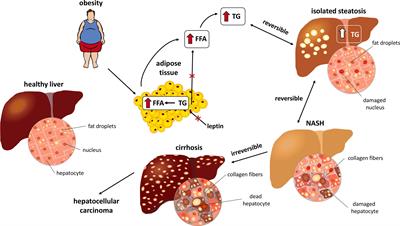Researchers have discovered a substantial correlation between the severity of an advanced form of non-alcoholic fatty liver disease and high blood levels of the amino acid homocysteine. They also discovered that folic acid and vitamin B12 may be utilized to stop or slow the course of illness.
These results might benefit those who suffer from non-alcoholic fatty liver disease, which is a catch-all phrase for a variety of liver disorders affecting people who consume little to no alcohol and which affects 4 in 10 adults in Singapore and 25% of all adults worldwide.
The most common reason for liver transplants globally is non-alcoholic fatty liver disease, which causes fat to accumulate in the liver. Due to its link to diabetes and obesity—two serious public health issues in Singapore and other developed nations—it has a high prevalence. Non-alcoholic steatohepatitis is the term used when the disorder proceeds to inflammation and the production of scar tissue (NASH).
NASH has no pharmaceutical therapy at this time since researchers don’t fully comprehend how the illness works. The importance of homocysteine in the development of NASH remains unknown, despite the fact that it is known that the illness is linked to high blood levels of this amino acid.
Importantly, the researchers discovered that adding vitamin B12 and folic acid to the preclinical animals’ diets raised the levels of syntaxin 17 in the liver and restored its function in autophagy. Additionally, it stopped the progression of NASH and treated liver fibrosis and inflammation. Finding out whether liver proteins may also be impacted similarly by homocysteine is one of the team’s next research priorities. They anticipate that more studies will result in the creation of anti-NASH treatments.
Source: Times Now
Also Read: Dengue Fever: 4 Ayurvedic Home Remedies That May Be Useful For Treating Symptoms





